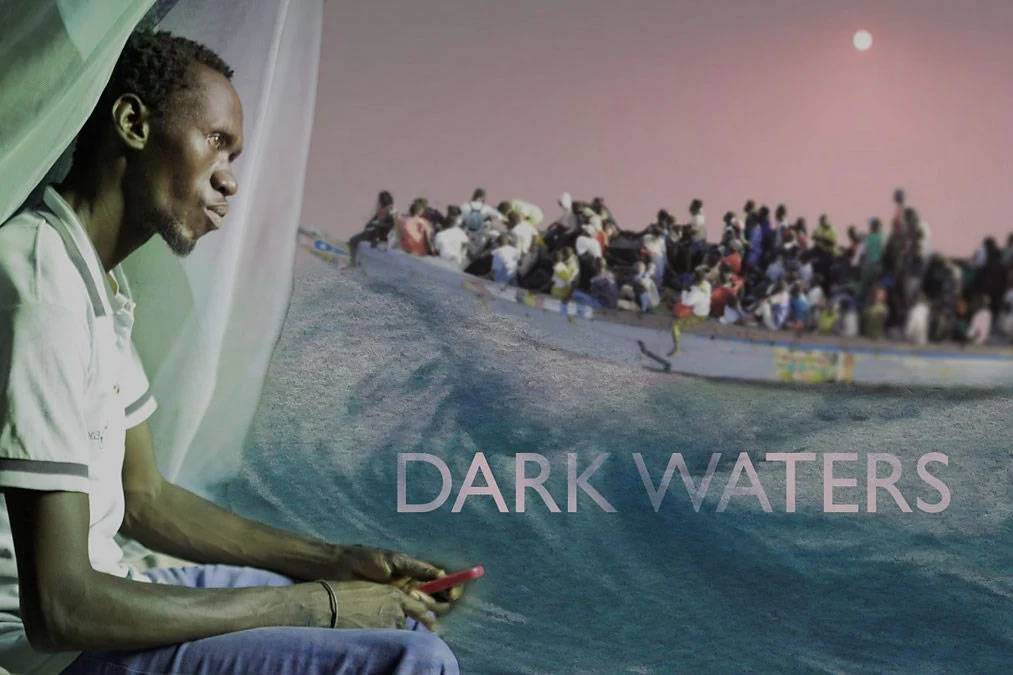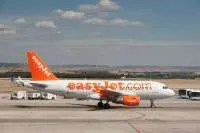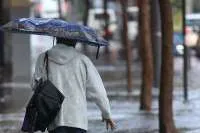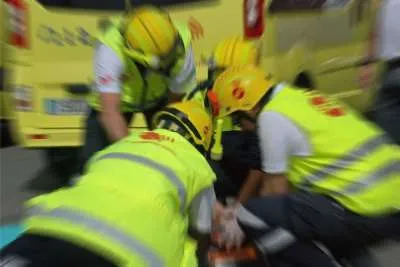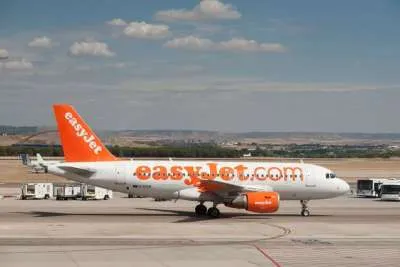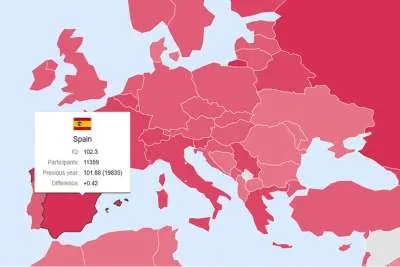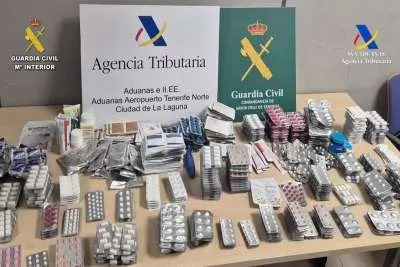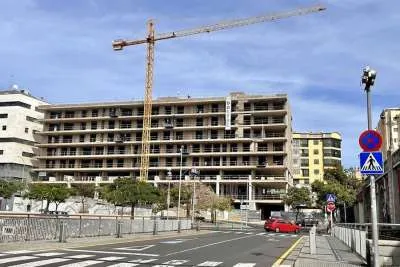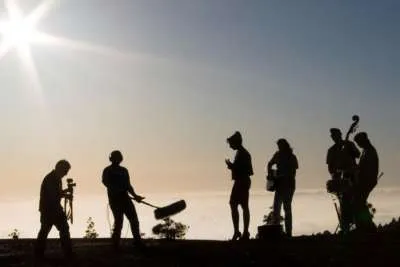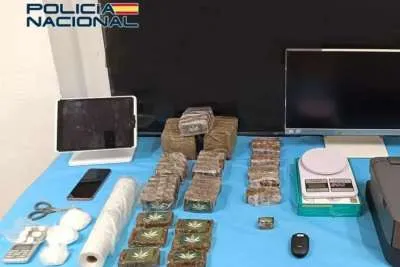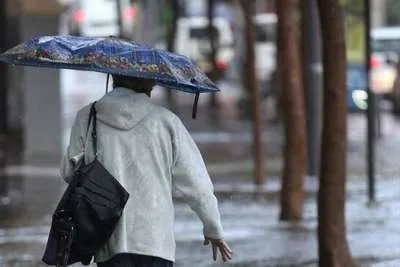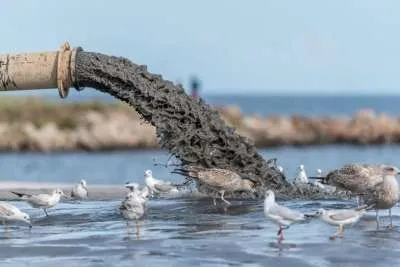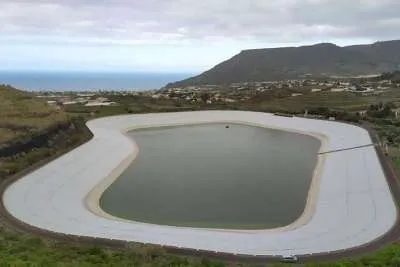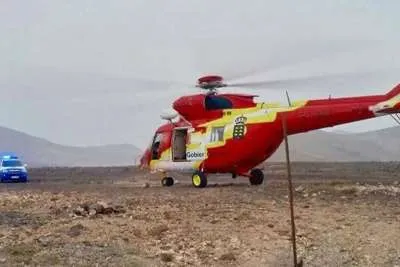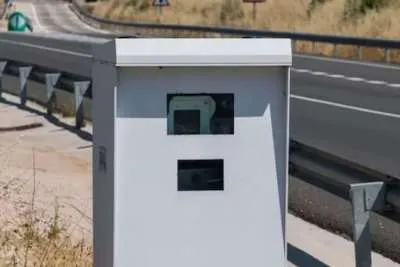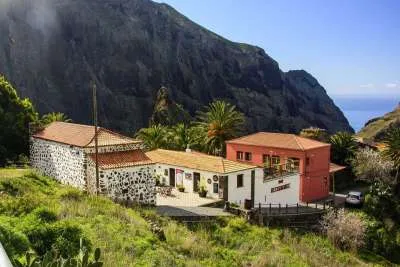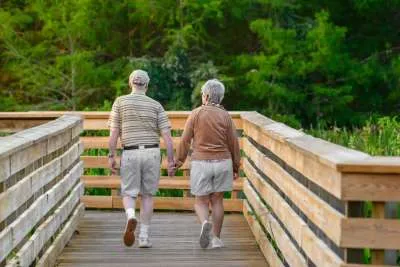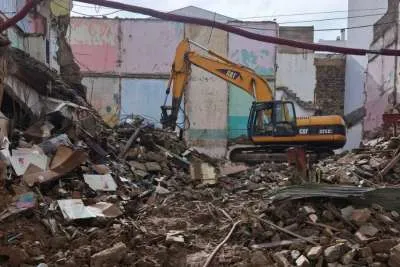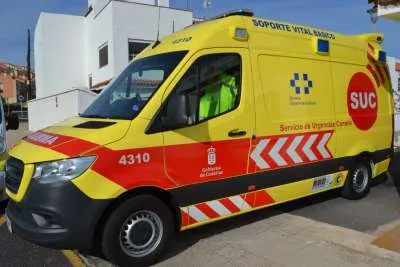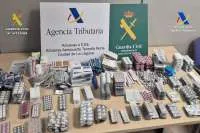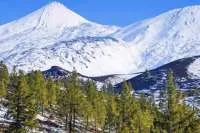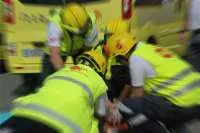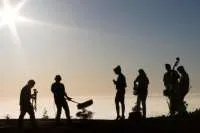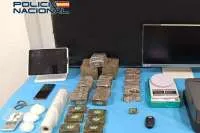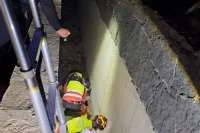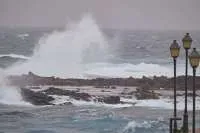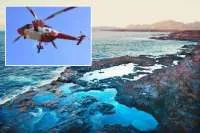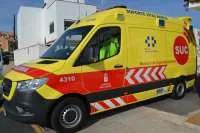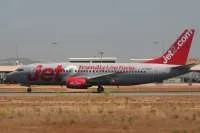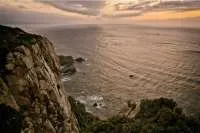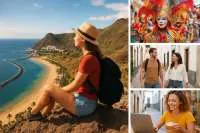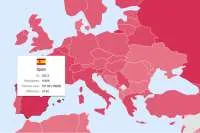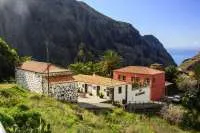BBC premieres a documentary about the migration route to the Canary Islands
- 16-10-2024
- National
- Canarian Weekly
- Photo Credit: BBC News
The BBC has launched a gripping new documentary, Dark Waters, which examines the perilous Canary Islands migration route, considered the deadliest in the world. The documentary, produced by the BBC Africa Eye investigative unit, offers an intimate portrayal of the risks faced by migrants, focusing on the story of Mouhamed, a Senegalese farmer and father of two, who decides to risk his life attempting the dangerous journey from West Africa to the Canary Islands.
The film, narrated by Senegalese activist Mame Cheikh Mbaye, president of the Federation of African Associations in the Canary Islands (FAAC), sheds light on the human stories behind migration statistics. Mouhamed's decision to pay $1,000 for a spot on a makeshift boat stems from his desperate attempt to escape poverty. "I've worked every job you can imagine, but nothing improved. If you don’t have money, you don’t matter. I’m my family’s only hope, and I have no money," Mouhamed explains.
After a five-day journey, Mouhamed's boat was forced to return to Senegal due to engine failure caused by high winds. The harrowing experience, which saw passengers panic and some even attempt to jump overboard, left Mouhamed with severe health issues from drinking salt water and being cramped in the overcrowded vessel. Despite this, he confides to BBC Africa Eye that he is determined to attempt the crossing again in the coming months.
The Grim Reality of the Canary Islands Route
Dark Waters provides a heart-wrenching look at the broader tragedy of the Canary Islands migration route, which has claimed more lives than the central Mediterranean crossing this year. The documentary includes testimonies from families of those who perished, including victims as young as 15, highlighting the immense personal toll of this deadly passage. One segment features the story of four young women from a fishing community in northern Senegal, all of whom drowned while attempting the journey. Sata, a survivor who lost her friend Mame Astou, 17, in the same incident, says the loss has not deterred her from trying again: "If you die at sea, at least you escape the suffering of your family."
The documentary also delves into the underlying causes driving the dangerous migration. In places like Toubab Dialaw, south of Dakar, locals point to the depletion of fish stocks, largely due to foreign industrial fishing, as a major factor pushing fishermen to seek a better life in Europe. Cheikhou Mbengue, a community leader and fishermen’s representative, describes how human trafficking networks exploit the situation, recruiting inexperienced locals to captain boats bound for Spain.
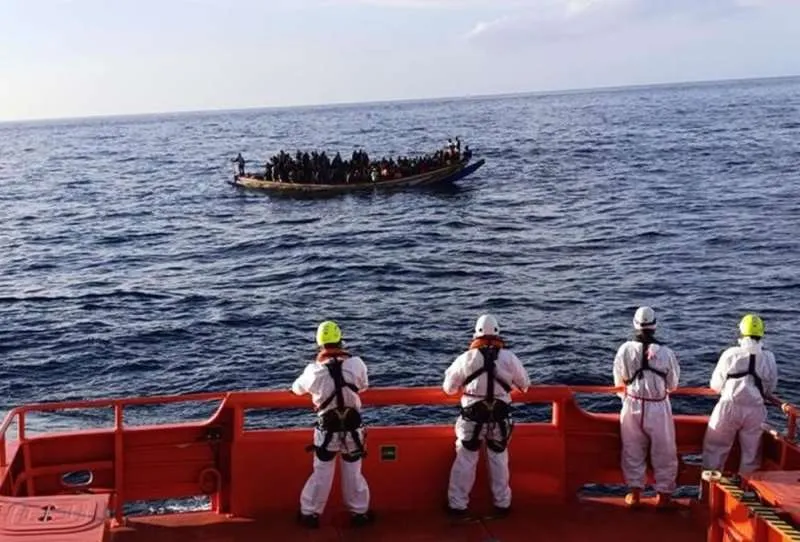
A human trafficker, interviewed anonymously by the BBC, reveals the grim mechanics of the trade: "If you organise a large boat that can carry 200 to 300 people, and each person pays about $500, that's a lot of money." When asked about the criminal nature of his actions and the fatalities his operations cause, the trafficker admits, "It's a crime. If you're caught, you should go to prison, but there’s no solution. You see people die in the water, but the boats keep leaving full."
Authorities Perspective
Spanish authorities also weigh in on the issue, emphasising the scale and complexity of the problem. Lieutenant Antonio Fuentes of the Guardia Civil, who leads a team gathering intelligence on human trafficking networks, explains that the smugglers have realised how difficult it is to be caught, likening the situation to drug trafficking. "For them, a migrant is just cargo. They transport people as if they were drugs or weapons," Fuentes said.
Through its investigative lens, Dark Waters provides an in-depth exploration of the world’s deadliest migration route, offering a sobering reflection on the desperate circumstances that drive people to risk their lives for a chance at a better future, and the criminal networks profiting from their plight.
You can watch Dark Waters on YouTube here>>


